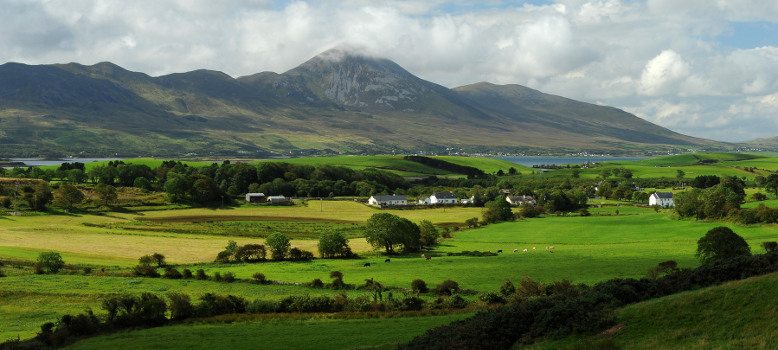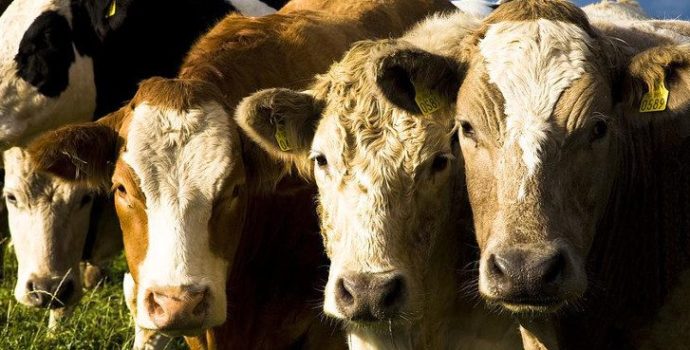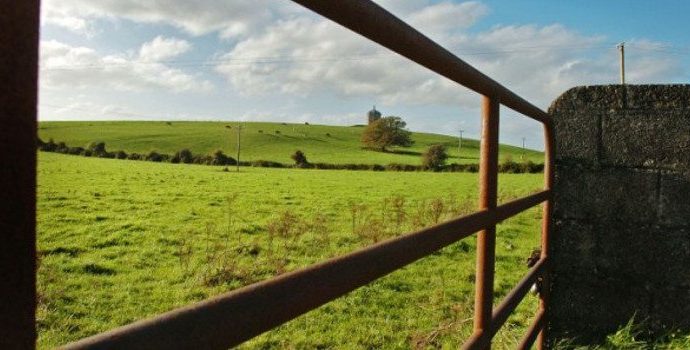Eu Aid Package Must Address Income Crisis and Cash Flow Shortages on Irish Farms – Healy

IFA has made a comprehensive submission to the Department of Agriculture in advance of the last negotiations on the EU €500m aid package, the final text of which will be voted on in Brussels on 25th August next.
IFA President Joe Healy said it is imperative that the Minister for Agriculture Michael Creed matches the €11.1m allocation to Ireland from the €350m EU fund to bring it to €22.2m and use this to reduce the cost of short term finance for farmers in all sectors.
In addition, he said, the Minister must ensure that Irish dairy farmers, who wish to do so, can avail of the compensation available for voluntary production reduction under the €150m element of the new EU aid scheme.
The EU aid package includes a €350m ‘exceptional adjustment aid’ fund for farmer support, divided into national envelopes and an EU-wide €150m farmer compensation fund for voluntary milk production reduction.
Mr Healy said that, as the €150m scheme could increase the number of cows culled around Europe, the implications for an already vulnerable beef sector cannot be ignored.
“EU Agriculture Commissioner Phil Hogan has acknowledged on multiple occasions that the biggest immediate stress on farms, arising from the current income crisis, is the lack of cash. Indeed, measures were voted on last March to allow member states provide short term liquidity loans to farmers in the dairy, pig and horticulture sectors, for which we have made detailed proposals the Minister must deliver on urgently.
“With produce prices remaining low, cash flow shortages have not improved, and farmers in all livestock and tillage sectors continue to experience a severe income crisis. Indeed, grain farmers are heading into their fourth year of low grain prices. It is therefore essential that the Minister would secure maximum flexibility to be able to provide farmers with incomes and cash flow support in the most focused way and the shortest timeframe possible,” Mr Healy said.
Commenting further, IFA National Dairy Committee Chairman Sean O’Leary said: “Dairy farmers’ greatest difficulty right now is paying bills, from Superlevy, to utilities, to merchant credit. A combination of state-aid backed short term loans, as promoted by IFA, and focused utilisation of this latest aid scheme on reducing the cost of cash flow finance is the way forward.
“The €150m package for voluntary production reduction may suit some Irish dairy farmers, and it is essential that the Department would make it available to them without delay when the final provisions are decided at the end of August, to ensure they have a real chance to secure the 14c/kg compensation.
“However, farmers with liquid milk contractual obligations over the period of voluntary reduction, or creamery milk producers subject to peak milk management and forecasting agreements may not be able to benefit from this scheme without some negative consequences, and should weigh the pros and cons carefully,” Sean O’Leary concluded.




